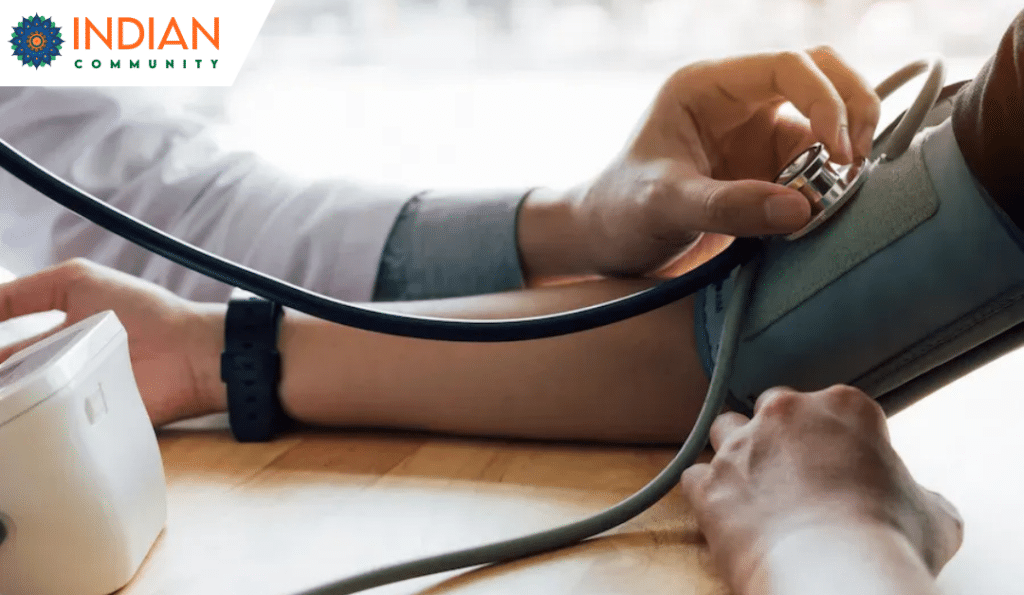High blood pressure (hypertension) is a common health issue that can lead to serious complications if left unmanaged. Among the various strategies to control blood pressure, weight loss often emerges as a highly effective solution. Let’s explore how shedding extra pounds can significantly impact your blood pressure and overall health.
Understanding the Connection
1. Why Excess Weight Increases Blood Pressure
Carrying extra weight forces your heart to work harder to pump blood throughout your body. This increased workload raises the pressure in your arteries, leading to hypertension. Additionally, being overweight often comes with metabolic conditions such as diabetes and increased cholesterol, further exacerbating high blood pressure.
2. The Science Behind Weight Loss and Lower BP
Losing weight reduces the overall strain on your heart and arteries, improving circulation and reducing the pressure in your blood vessels. Even a modest weight loss of 5–10% of your body weight can make a significant difference in blood pressure levels.
Benefits of Weight Loss on Blood Pressure
1. Lower Heart Workload
As weight decreases, your heart requires less effort to pump blood, leading to a noticeable drop in blood pressure.
2. Improved Insulin Sensitivity
Weight loss helps regulate blood sugar levels by improving insulin sensitivity. This, in turn, reduces the risk of conditions like diabetes, which can worsen hypertension.
3. Reduced Fluid Retention
Being overweight often leads to fluid retention, which increases blood volume and pressure. Losing weight helps the body release excess water, reducing the strain on your heart.
4. Better Medication Response
Weight loss can enhance the effectiveness of blood pressure medications. Some people may even find that their need for medication decreases as they lose weight, although any changes to medication should always be made under medical supervision.
Practical Steps for Weight Loss and BP Control
1. Adopt a Balanced Diet
- Increase your intake of fruits, vegetables, and whole grains.
- Limit salt, trans fats, and saturated fats.
- Opt for lean proteins such as fish, tofu, and lentils.
2. Exercise Regularly
Engage in at least 30 minutes of moderate physical activity daily, such as brisk walking, swimming, or cycling.
3. Manage Portion Sizes
Eating smaller portions helps maintain a calorie deficit, crucial for weight loss.
4. Stay Hydrated
Drink plenty of water and avoid sugary drinks, which add unnecessary calories.
5. Monitor Progress
Keep track of your weight, blood pressure, and overall health through regular check-ups.
Additional Benefits of Weight Loss
- Reduced Risk of Heart Disease: Losing weight decreases cholesterol levels and minimizes plaque buildup in arteries.
- Better Kidney Function: Lower weight reduces the strain on kidneys, improving their efficiency.
- Enhanced Quality of Life: Weight loss often leads to increased energy, better mobility, and improved mental health.
Yes, weight loss can significantly reduce blood pressure, offering a host of other health benefits along the way. By making small, sustainable lifestyle changes, you can improve your overall well-being and reduce your reliance on medication. Remember to consult with your healthcare provider before making any major changes to your diet, exercise, or medication routine.
Take the first step today and your heart will thank you!

